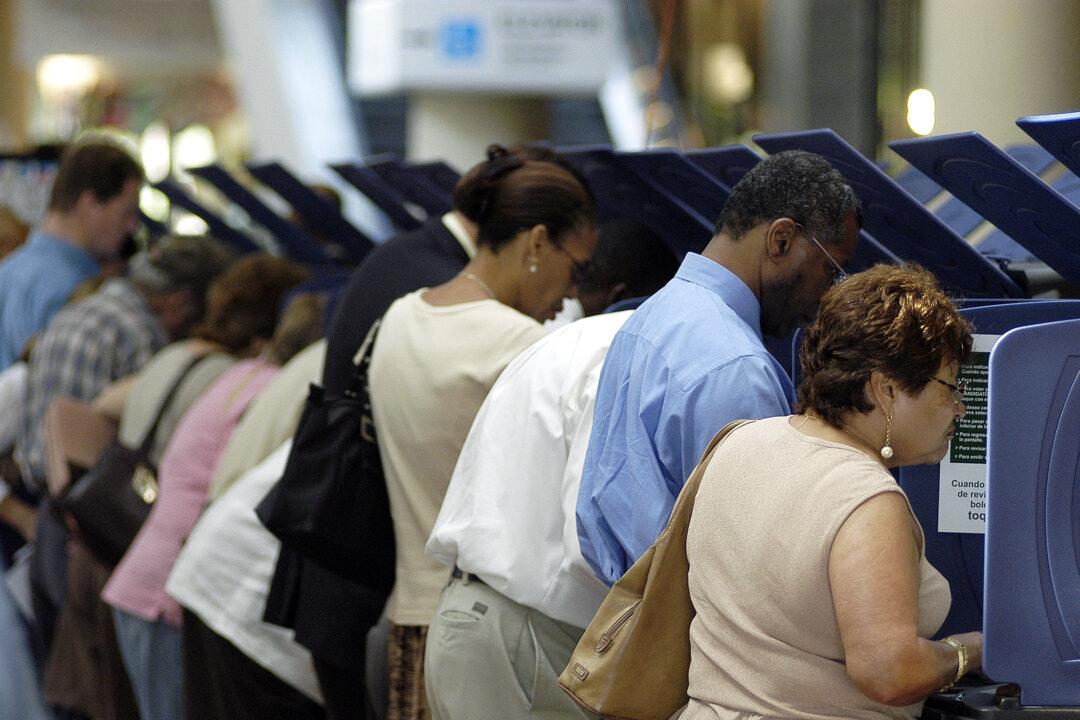During a Nov. 30 virtual news conference, UnidosUS, the country’s largest Latino civil rights and advocacy organization, unveiled its first-of-a-kind Hispanic Electorate Data Hub, which shows the sentiments of Latino voters across the country regarding the 2024 election, the issues, and their priorities.
This includes the results of expansive polls conducted among the Hispanic electorate on a national level, with a special focus on Latino sentiments in Florida.





